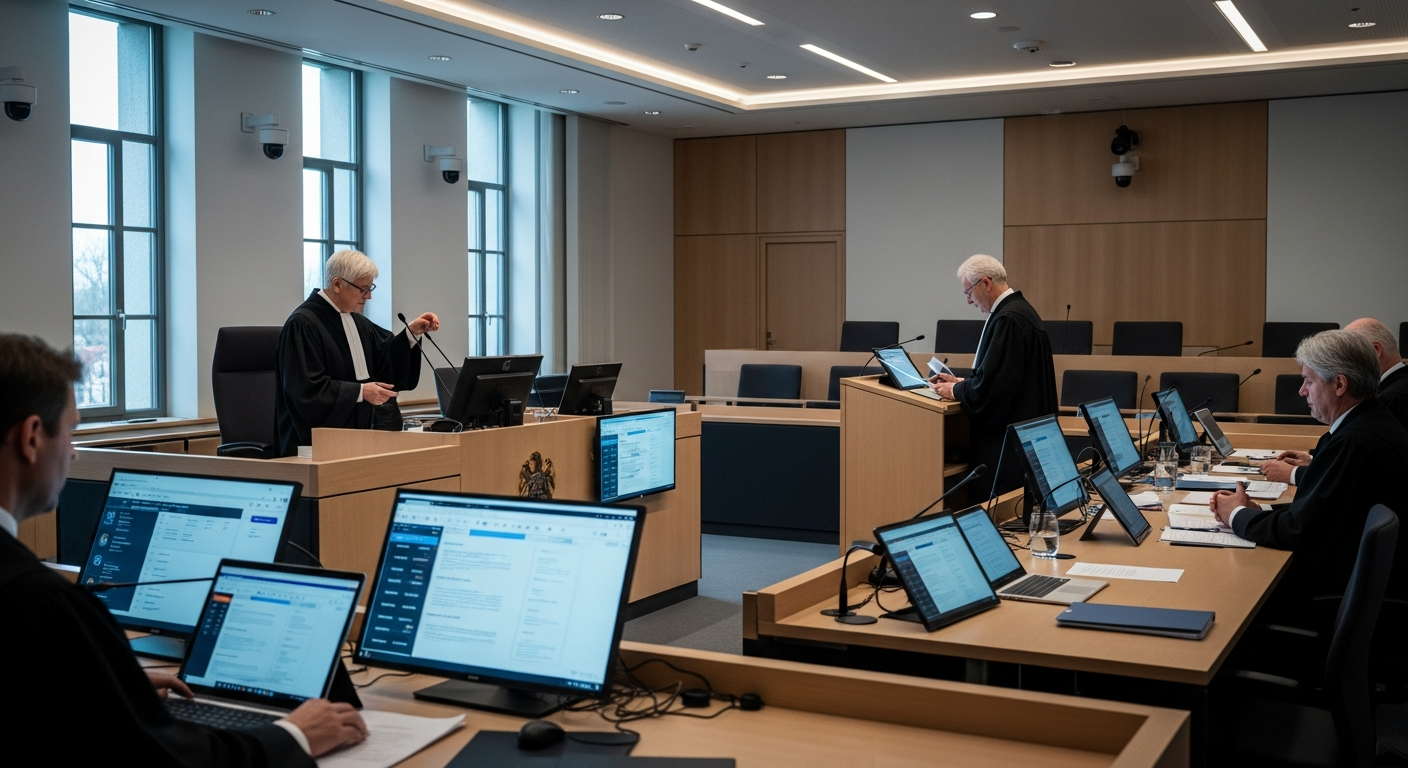Microskilling: The New Frontier in Career Advancement
The landscape of professional development is rapidly evolving, with traditional career paths giving way to more dynamic and adaptable approaches. At the forefront of this transformation is the concept of microskilling—a strategic method of acquiring highly specific, targeted competencies that can significantly boost one's career prospects and adaptability in an ever-changing job market.

Understanding the Microskilling Advantage
The power of microskilling lies in its precision and efficiency. By targeting specific, in-demand skills, professionals can quickly enhance their value to employers and stand out in competitive job markets. This approach is particularly effective in industries experiencing rapid technological advancement, where new tools and methodologies emerge frequently.
Identifying High-Impact Microskills
Selecting the right microskills to develop is crucial for maximizing career impact. This process involves careful analysis of industry trends, job market demands, and personal career goals. Some high-impact microskills in today’s market include data visualization, specific programming languages, UX design principles, and niche digital marketing techniques.
Implementing a Microskilling Strategy
Developing a successful microskilling strategy requires a structured approach. Start by assessing your current skill set and identifying gaps in your industry. Research emerging technologies and methodologies in your field, and prioritize skills that align with your career objectives. Create a learning plan that incorporates short, focused courses or projects to develop these specific competencies.
Leveraging Microskills in Your Career
Once acquired, effectively showcasing your microskills is key to leveraging them for career advancement. Update your resume and professional profiles to highlight these specialized abilities. During job interviews or performance reviews, provide concrete examples of how you’ve applied these skills to achieve tangible results. This demonstrates not only your technical proficiency but also your adaptability and commitment to ongoing professional development.
The Role of Continuous Learning in Microskilling
Microskilling is not a one-time effort but a continuous process of skill refinement and acquisition. Stay informed about emerging trends in your industry and be prepared to adapt your skill set accordingly. Engage in regular self-assessment to identify areas for improvement and new skills to develop. This proactive approach ensures you remain at the forefront of your field.
Overcoming Challenges in Microskilling
While microskilling offers numerous benefits, it also presents challenges. One common obstacle is the rapid pace of skill obsolescence in certain fields. To combat this, focus on foundational skills that underpin various technologies, ensuring a more resilient skill set. Additionally, balance specialization with versatility to avoid becoming too narrowly focused in your expertise.
Microskilling and Career Resilience
In an era of economic uncertainty and rapid technological change, microskilling serves as a powerful tool for building career resilience. By continuously updating and expanding your skill set, you become more adaptable to market shifts and less vulnerable to job displacement. This approach fosters a growth mindset and positions you as a valuable asset in any professional context.
The Future of Microskilling
As the job market continues to evolve, microskilling is poised to play an increasingly significant role in career development. We can expect to see more specialized, on-demand learning platforms emerging to cater to this trend. Additionally, employers are likely to place greater emphasis on candidates’ ability to quickly acquire and apply new skills, making microskilling a critical component of long-term career success.
In conclusion, microskilling represents a powerful strategy for navigating the complexities of modern career development. By embracing this approach, professionals can stay ahead of industry trends, enhance their marketability, and build resilient, adaptable careers. As we move forward, the ability to rapidly acquire and apply specialized skills will become not just an advantage, but a necessity in the ever-changing landscape of work.






